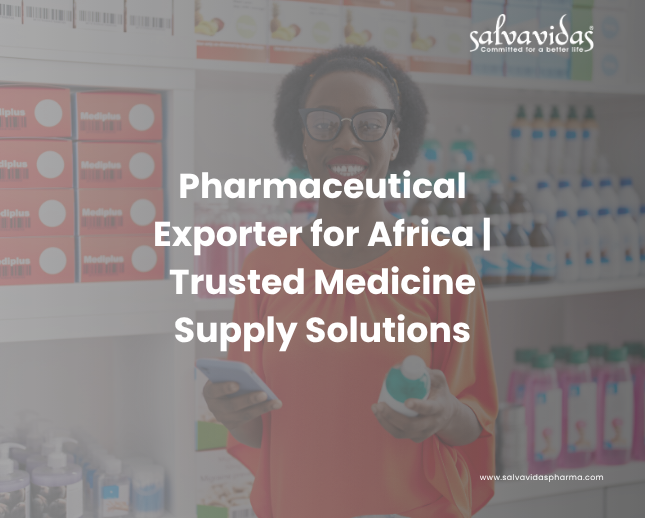You May Also Like
Categories
Monthly Archives
Subscribe for Latest Blog
Tags
Active Pharmaceutical Ingredients
Amoxicillin
api products
Biologic Drug Development
Biologics Manufacturing
CDMO Services
define finished pharmaceutical products
Dual Scale Production
finished dosage form meaning
finished pharmaceutical product
finished pharmaceuticals
finished product definition pharmaceutical
Injectable API Suppliers
Injectable Drug Delivery
Injectable Drug Market
Injectable Formulations
Large Scale Drug Production
Pharmaceutical
pharmaceutical industry
pharmaceutical ingredients
Pharmaceutical Manufacturing
Pharmaceutical Manufacturing company
Pharma Manufacturing India
pharma raw materials
Prefilled Syringes
Scalable Pharma Solutions
Small Batch Pharmaceuticals
Sterile Injectables
treatment of infection
what is api in pharmaceuticals


0